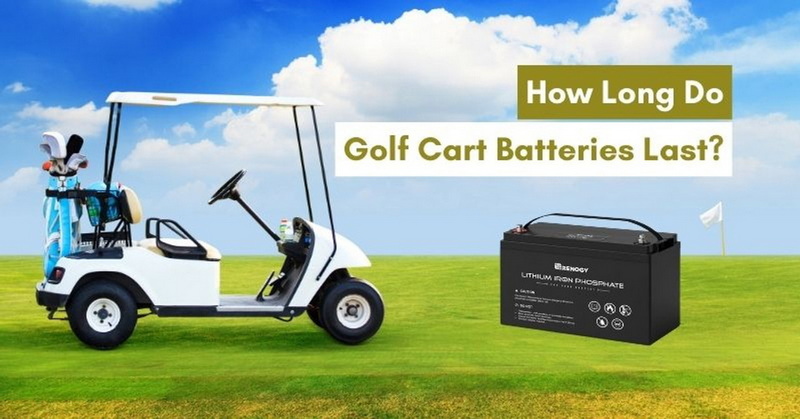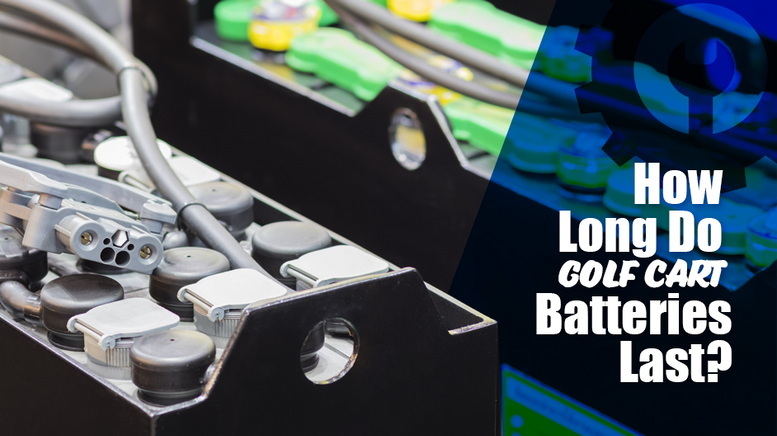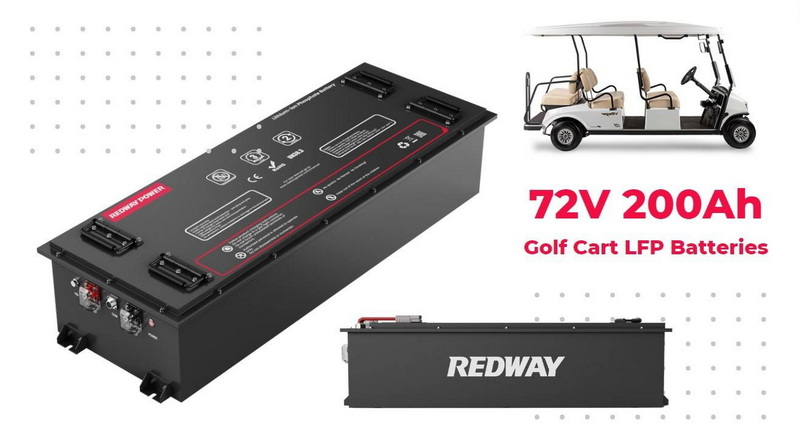Content Menu
● Types of Golf Cart Batteries
>> Lead-Acid Batteries
>> Lithium-Ion Batteries
● Average Lifespan of Golf Cart Batteries
● Factors Affecting Battery Lifespan
>> Battery Type
>> Usage Patterns
>> Charging Habits
>> Maintenance
>> Environmental Conditions
● Maintenance Tips for Longer Battery Life
>> Regular Inspections
>> Proper Charging
>> Water Level Checks
>> Cleaning
>> Proper Storage
● Signs of Battery Failure
● Extending Battery Life
● Replacing Golf Cart Batteries
● Environmental Impact and Recycling
● Cost Considerations
● Future of Golf Cart Batteries
● Conclusion
● FAQ
>> 1. How often should I charge my golf cart batteries?
>> 2. Can I use car batteries in my golf cart?
>> 3. How do I know when it's time to replace my golf cart batteries?
>> 4. Are lithium-ion batteries worth the higher cost for golf carts?
>> 5. Can I mix different types or brands of batteries in my golf cart?
Electric golf carts have become increasingly popular due to their eco-friendly nature and low maintenance requirements. One of the most crucial components of these vehicles is their battery system. Understanding the lifespan of electric golf cart batteries is essential for owners to ensure optimal performance and longevity. In this comprehensive guide, we'll explore the factors that influence battery life, maintenance tips, and ways to extend the lifespan of your golf cart batteries.

Types of Golf Cart Batteries
Before delving into the lifespan of golf cart batteries, it's important to understand the different types available in the market:
Lead-Acid Batteries
Lead-acid batteries are the most common type used in golf carts. They come in two varieties:
1. Flooded Lead-Acid (FLA) Batteries
2. Absorbed Glass Mat (AGM) Batteries
Lithium-Ion Batteries
Lithium-ion batteries are a newer technology that offers several advantages over traditional lead-acid batteries.
Average Lifespan of Golf Cart Batteries
The lifespan of golf cart batteries can vary significantly depending on several factors. On average:
- Lead-acid batteries typically last between 4 to 6 years with proper maintenance.
- Lithium-ion batteries can last up to 10 years or even longer.
However, these are just general estimates. The actual lifespan can be influenced by various factors, which we'll explore in the next section.
Factors Affecting Battery Lifespan
Several factors can impact how long your golf cart batteries will last:
1. Battery Type
2. Usage Patterns
3. Charging Habits
4. Maintenance
5. Environmental Conditions
Battery Type
As mentioned earlier, different types of batteries have varying lifespans. Lithium-ion batteries generally last longer than lead-acid batteries due to their advanced technology and superior chemistry.
Usage Patterns
The way you use your golf cart can significantly affect battery life. Frequent deep discharges, overloading the cart, and using it on challenging terrains can all reduce battery lifespan.
Charging Habits
Proper charging is crucial for battery longevity. Overcharging or undercharging can lead to premature battery failure.
Maintenance
Regular maintenance, including cleaning terminals, checking water levels (for flooded lead-acid batteries), and ensuring proper storage, can extend battery life.
Environmental Conditions
Extreme temperatures, both hot and cold, can negatively impact battery performance and lifespan.

Maintenance Tips for Longer Battery Life
To maximize the lifespan of your golf cart batteries, follow these maintenance tips:
1. Regular Inspections
2. Proper Charging
3. Water Level Checks (for flooded lead-acid batteries)
4. Cleaning
5. Proper Storage
Regular Inspections
Perform visual inspections of your batteries regularly. Look for signs of corrosion, damage, or leaks.
Proper Charging
Always use the correct charger for your battery type and follow the manufacturer's charging guidelines.
Water Level Checks
For flooded lead-acid batteries, check and maintain proper water levels using distilled water.
Cleaning
Keep the batteries clean and free from dirt and debris. Use a mixture of baking soda and water to clean terminals and connections.
Proper Storage
When storing your golf cart for extended periods, ensure the batteries are fully charged and disconnected.
Signs of Battery Failure
Knowing when your batteries are nearing the end of their life is important. Look out for these signs:
1. Reduced Range
2. Longer Charging Times
3. Visible Damage or Swelling
4. Decreased Performance
5. Frequent Need for Water (in flooded lead-acid batteries)
Extending Battery Life
Here are some additional tips to help extend the life of your golf cart batteries:
1. Avoid Deep Discharges
2. Use a Battery Desulfator
3. Rotate Batteries (if applicable)
4. Invest in a Quality Charger
5. Consider a Battery Watering System (for flooded lead-acid batteries)

Replacing Golf Cart Batteries
When it's time to replace your golf cart batteries, consider the following:
1. Choose the Right Type
2. Match Voltage and Capacity
3. Consider Upgrading to Lithium-Ion
4. Professional Installation
5. Proper Disposal of Old Batteries
Environmental Impact and Recycling
As responsible golf cart owners, it's essential to consider the environmental impact of battery disposal. Most golf cart batteries are recyclable, and many retailers offer recycling programs.
Cost Considerations
While lithium-ion batteries have a higher upfront cost, their longer lifespan and reduced maintenance requirements can make them more cost-effective in the long run.
Future of Golf Cart Batteries
The future of golf cart batteries looks promising, with ongoing research and development in battery technology. We can expect to see improvements in energy density, charging speeds, and overall lifespan.
Conclusion
The lifespan of electric golf cart batteries depends on various factors, including battery type, usage patterns, maintenance, and environmental conditions. While lead-acid batteries typically last 4-6 years, lithium-ion batteries can last 10 years or more. By following proper maintenance practices and understanding the factors that influence battery life, golf cart owners can maximize the longevity of their batteries and ensure optimal performance.

FAQ
1. How often should I charge my golf cart batteries?
It's best to charge your golf cart batteries after each use, regardless of how long you've used the cart. This practice helps prevent deep discharges and extends battery life.
2. Can I use car batteries in my golf cart?
No, it's not recommended to use car batteries in a golf cart. Golf cart batteries are deep-cycle batteries designed to provide steady power over long periods, while car batteries are designed for short bursts of high power.
3. How do I know when it's time to replace my golf cart batteries?
Signs that it's time to replace your batteries include reduced range, longer charging times, decreased performance, and visible damage or swelling. If you notice these signs, it's likely time for new batteries.
4. Are lithium-ion batteries worth the higher cost for golf carts?
While lithium-ion batteries have a higher upfront cost, they often prove to be more cost-effective in the long run due to their longer lifespan, reduced maintenance requirements, and improved performance.
5. Can I mix different types or brands of batteries in my golf cart?
It's not recommended to mix different types or brands of batteries in your golf cart. Doing so can lead to uneven charging and discharging, which can reduce overall battery life and performance.











































